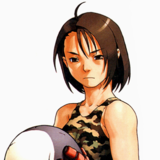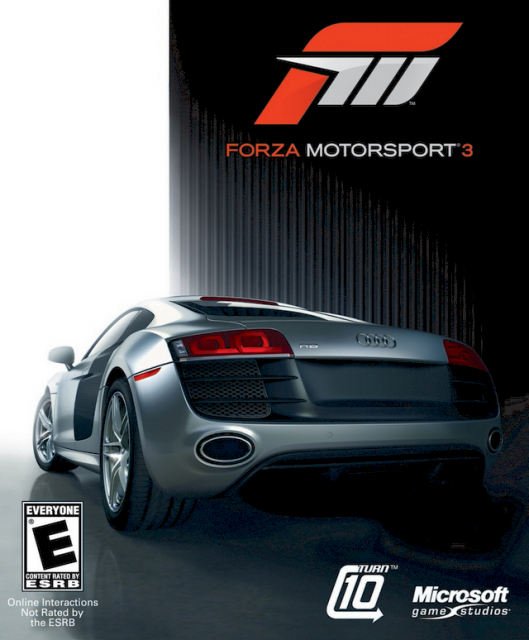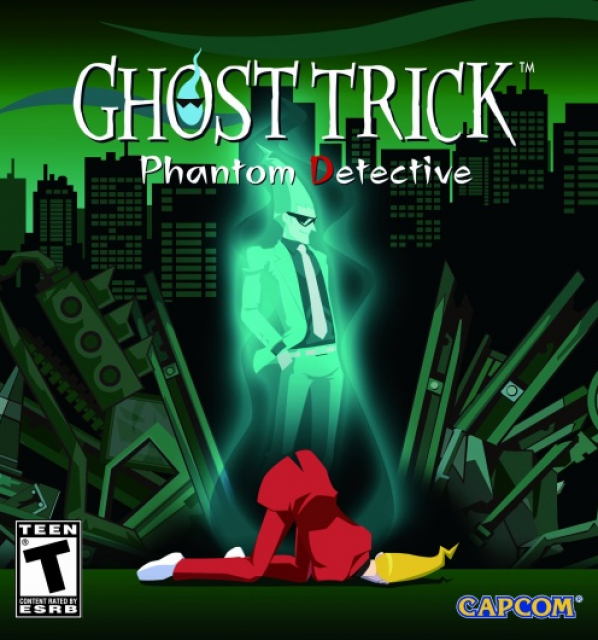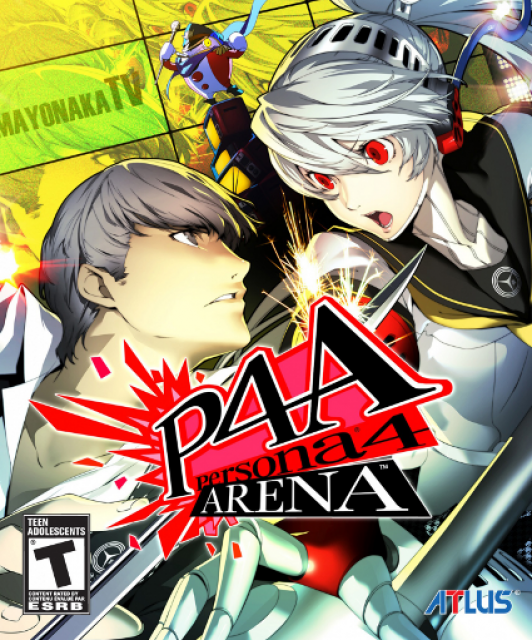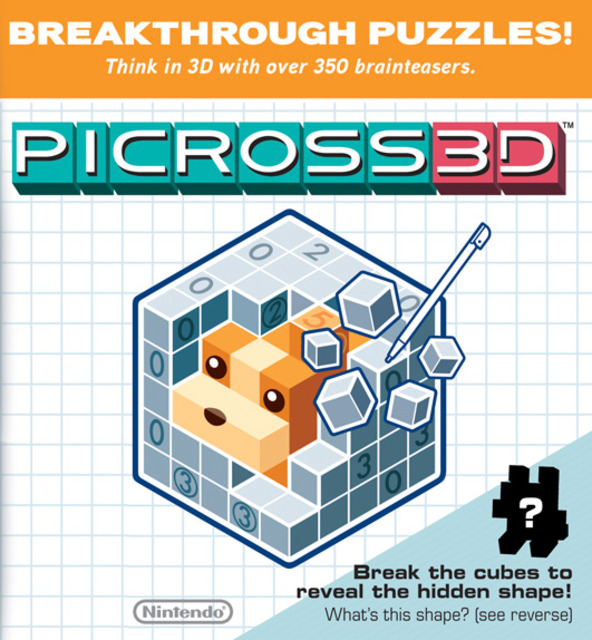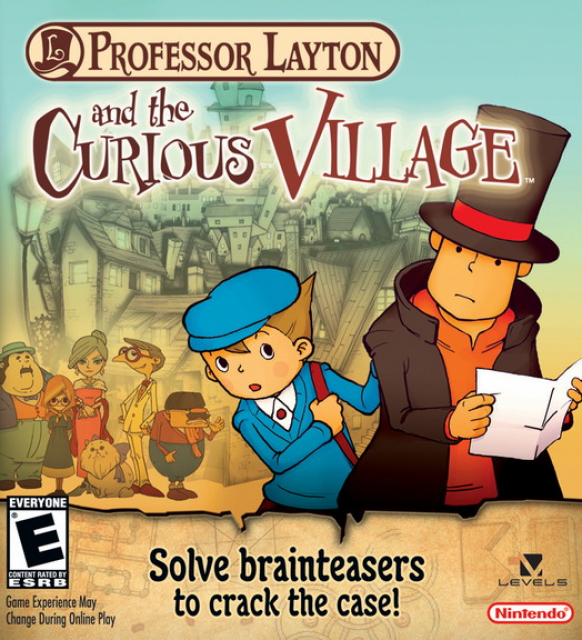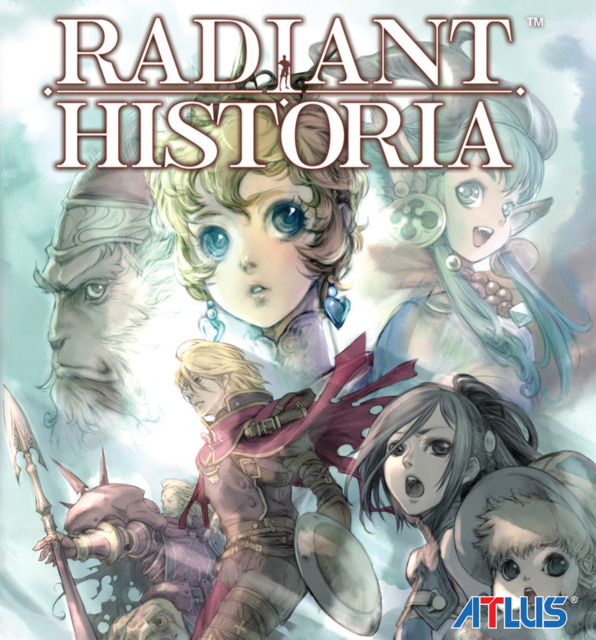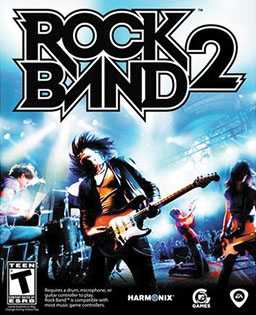Favorite Games of Generation 7 [GotG List]
Games are limited to being released on the following platforms: PlayStation 3, PlayStation Portable, Nintendo DS, Nintendo Wii, X-Box 360
Inspired by TheFakePsychic, IrrelevantJohn, and MakeMeMad’s entries, I have forged ahead and constructed my own favorite games that were released for Generation 7. While I have played my fair share of games for the PlayStation 3, Nintendo DS, and X-Box 360, and a good chunk of those games being mostly enjoyable experiences, many of those games lacked something special that my list of games have provided. Those games will only illicit a general it’s a good/great game comment with a few supporting sentences to back it up. My favorite games of this year go farther than that. Though I may fail in summarizing whatever memories and thoughts I have for these games, I can look back and crack a small smile as a rush of images and emotions flow through my mind.
Many of you will notice the lack of high-profile games on my list. They’re missing because I probably have not played them and wasn’t interested with those games at all. I do have some games that many others have noted on the GOTG that I have yet to play that may end up on this list down the road. For now, these games are the ones that I can confidently say are my games of generation 7.
[List as of 2 January 2014]
